Think Clearly - Logical Fallacy Identification
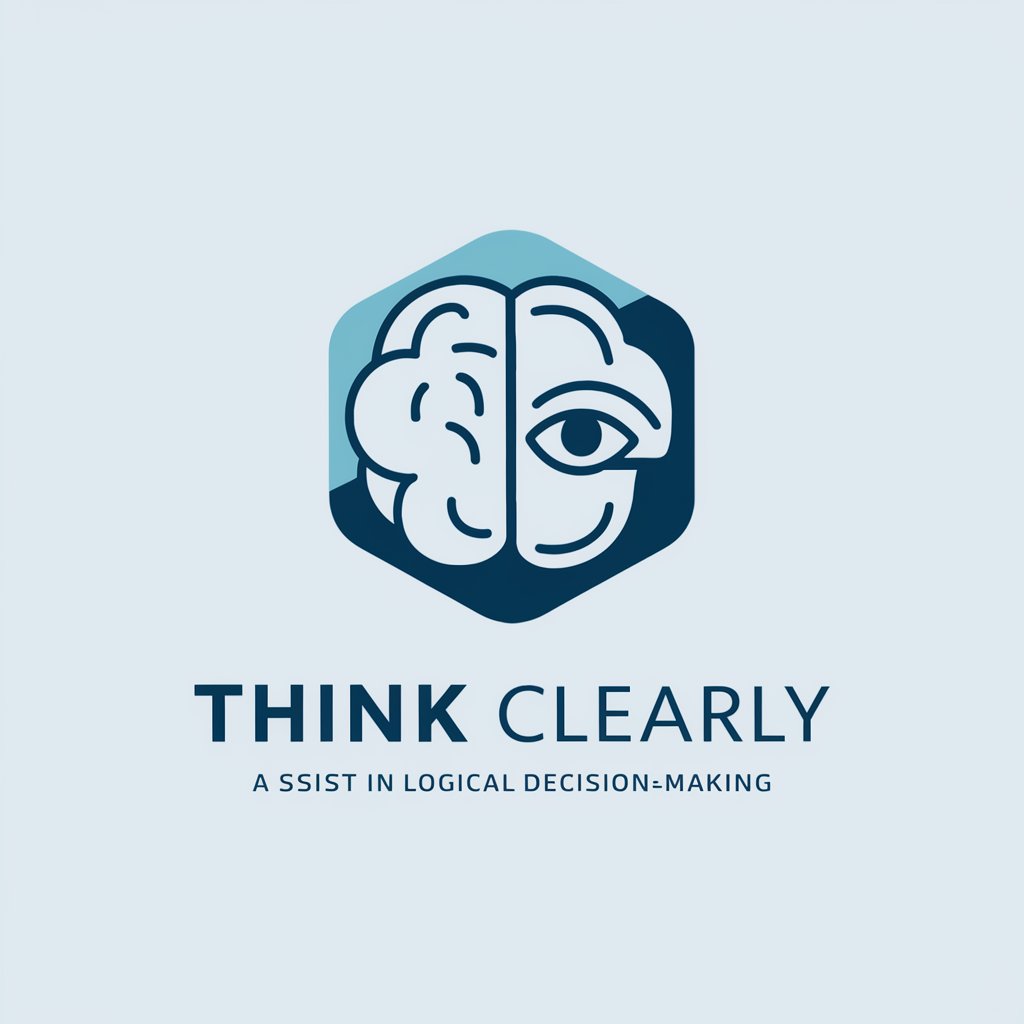
Hi there! Let's make decisions clearer and more logical.
Clarify your decisions, evade logical fallacies.
Identify any potential fallacies in this argument:
How can I make a more logical decision in this scenario:
What fallacies should I watch out for when considering:
Can you help clarify the reasoning behind this choice:
Get Embed Code
Understanding Think Clearly
Think Clearly is an AI assistant designed to help identify and navigate cognitive biases that cloud judgment and decision-making. It functions by recognizing specific fallacies in arguments or decisions presented by users, offering advice on how to address these biases for more logical outcomes. For example, when faced with the 'Confirmation Bias'—where one tends to favor information that confirms existing beliefs—Think Clearly will suggest seeking out disconfirming evidence to challenge and refine these beliefs. This approach not only fosters clearer thinking but also enhances decision-making processes, making it invaluable in both personal and professional contexts. Powered by ChatGPT-4o。

Core Functions of Think Clearly
Identifying Cognitive Biases
Example
Recognition of 'Survivorship Bias' in evaluating business success stories.
Scenario
A user contemplating starting a business based on success stories alone is cautioned against overestimating success chances without considering the vast number of unseen failures.
Suggesting Countermeasures
Example
Addressing 'Sunk Cost Fallacy' by advising disregarding past investments when making future decisions.
Scenario
Advising a user considering further investment in a failing project to evaluate based on future potential rather than past expenditures.
Enhancing Decision-Making
Example
Mitigating 'Confirmation Bias' by recommending exposure to diverse viewpoints.
Scenario
Encouraging a user to seek out information and opinions that challenge their preconceived notions before making a significant decision.
Who Benefits from Think Clearly?
Decision Makers in Business
Business leaders, managers, and entrepreneurs benefit by making more informed, logical decisions, avoiding common pitfalls that could lead to costly mistakes or missed opportunities.
Individuals Seeking Personal Growth
Anyone interested in self-improvement, better personal decision-making, and understanding cognitive biases to navigate life's challenges more effectively.
Educators and Students
Educators can use Think Clearly to teach critical thinking skills, while students can apply these principles to enhance learning and problem-solving abilities.

How to Use Think Clearly
1
Begin by visiting yeschat.ai to explore Think Clearly without the need for a login or subscription to ChatGPT Plus.
2
Identify a decision-making challenge or argument where you're seeking clarity.
3
Pose your scenario to Think Clearly, mentioning any specific fallacies you suspect might be influencing your decision.
4
Receive insights on the potential fallacies at play and how they might be skewing your perspective.
5
Apply the advice provided to reevaluate your decision or argument, aiming for a more logical and clear-headed conclusion.
Try other advanced and practical GPTs
Hitch Think
Elevate thought with AI-powered Hitchens' wit.
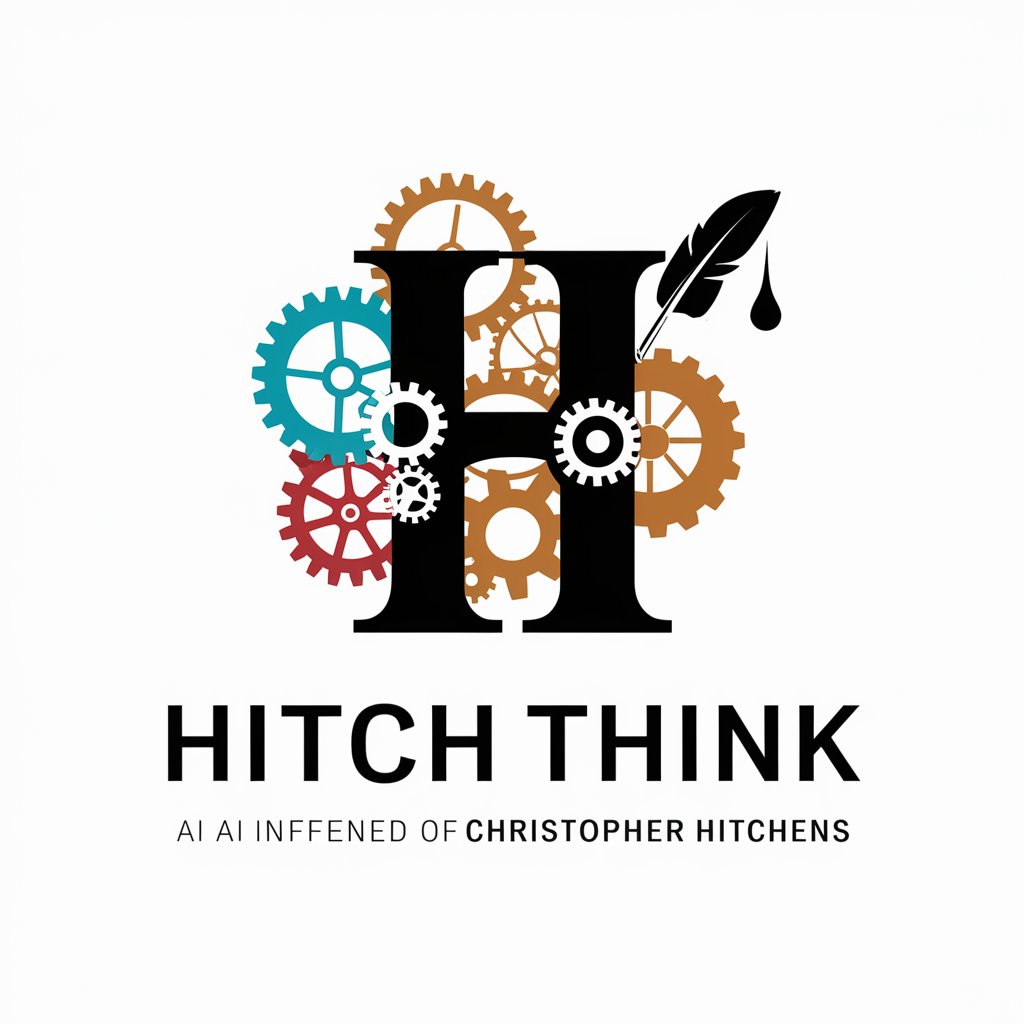
Think Wisdom
Unravel Complex Ideas with AI
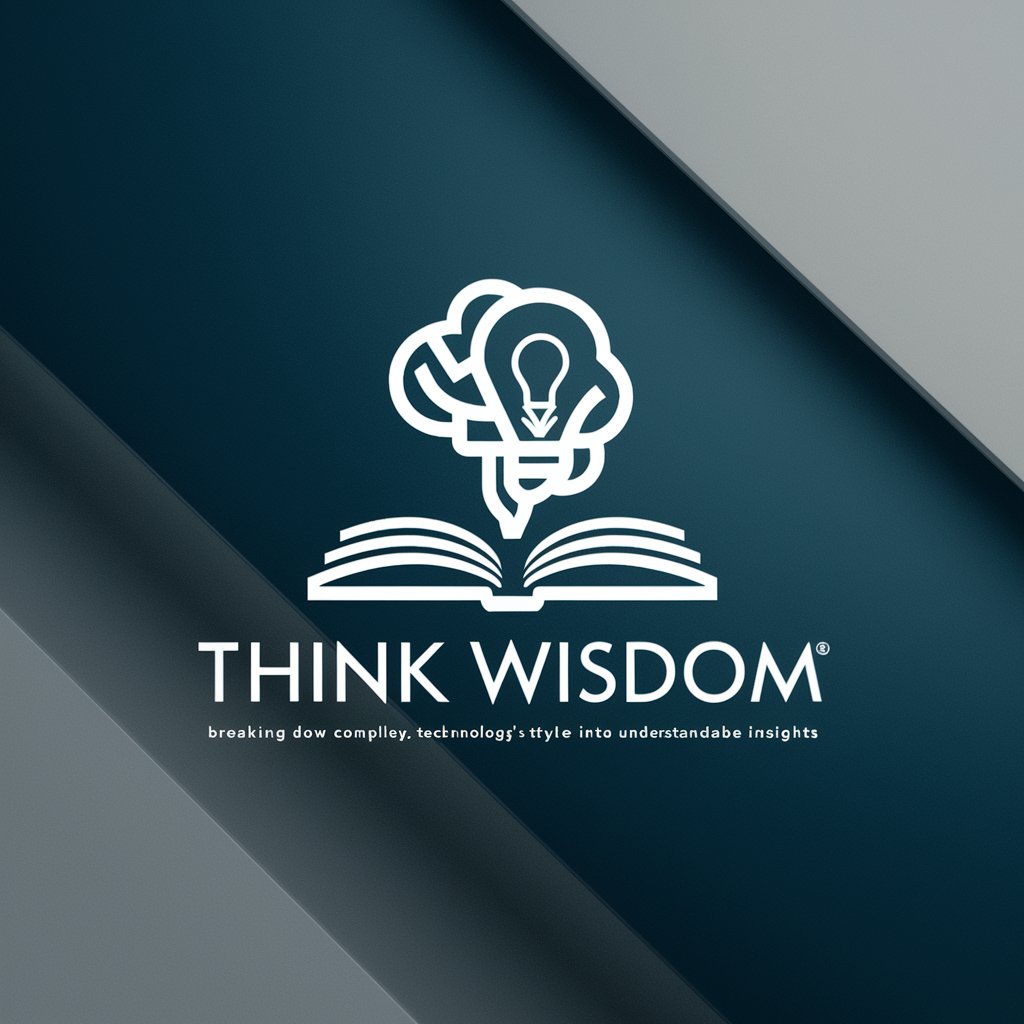
Think Tank
Empowering Innovation with AI
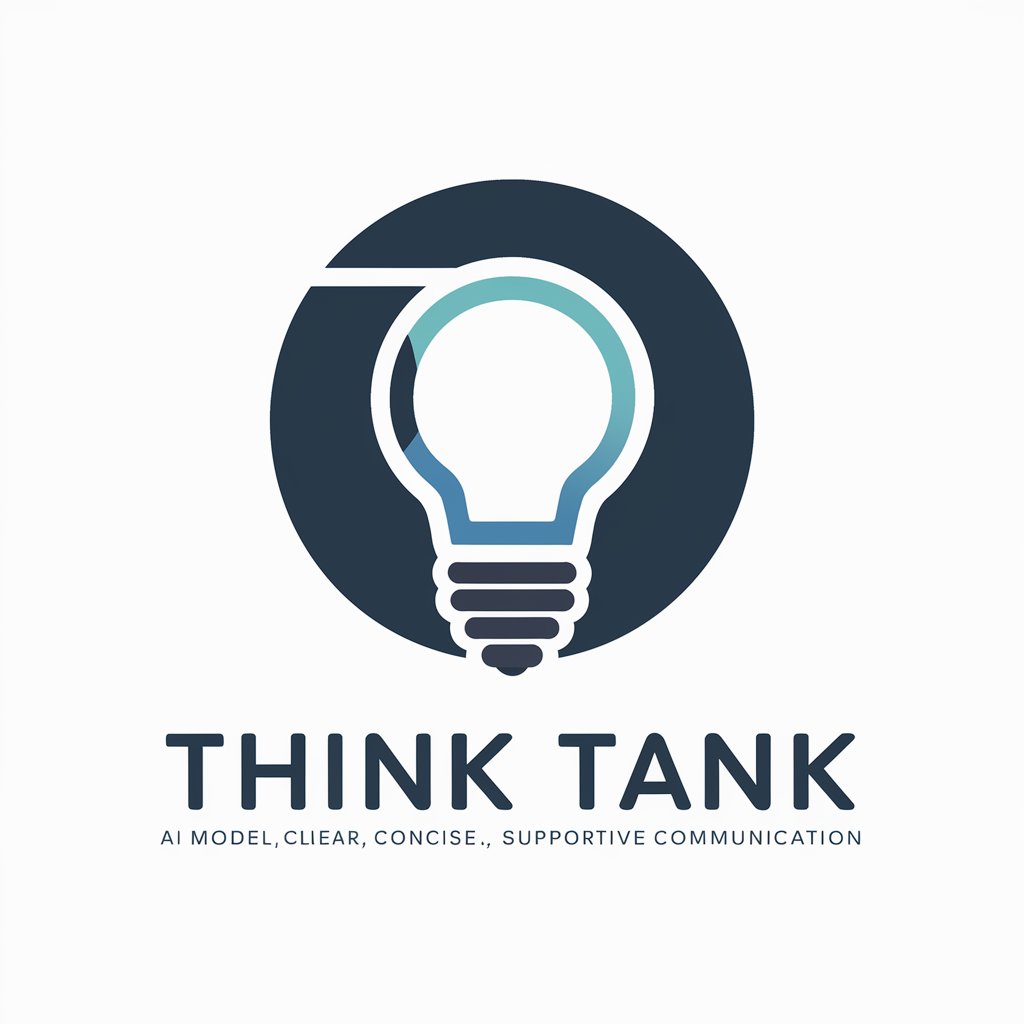
Think Better
Empowering insights with AI reasoning.
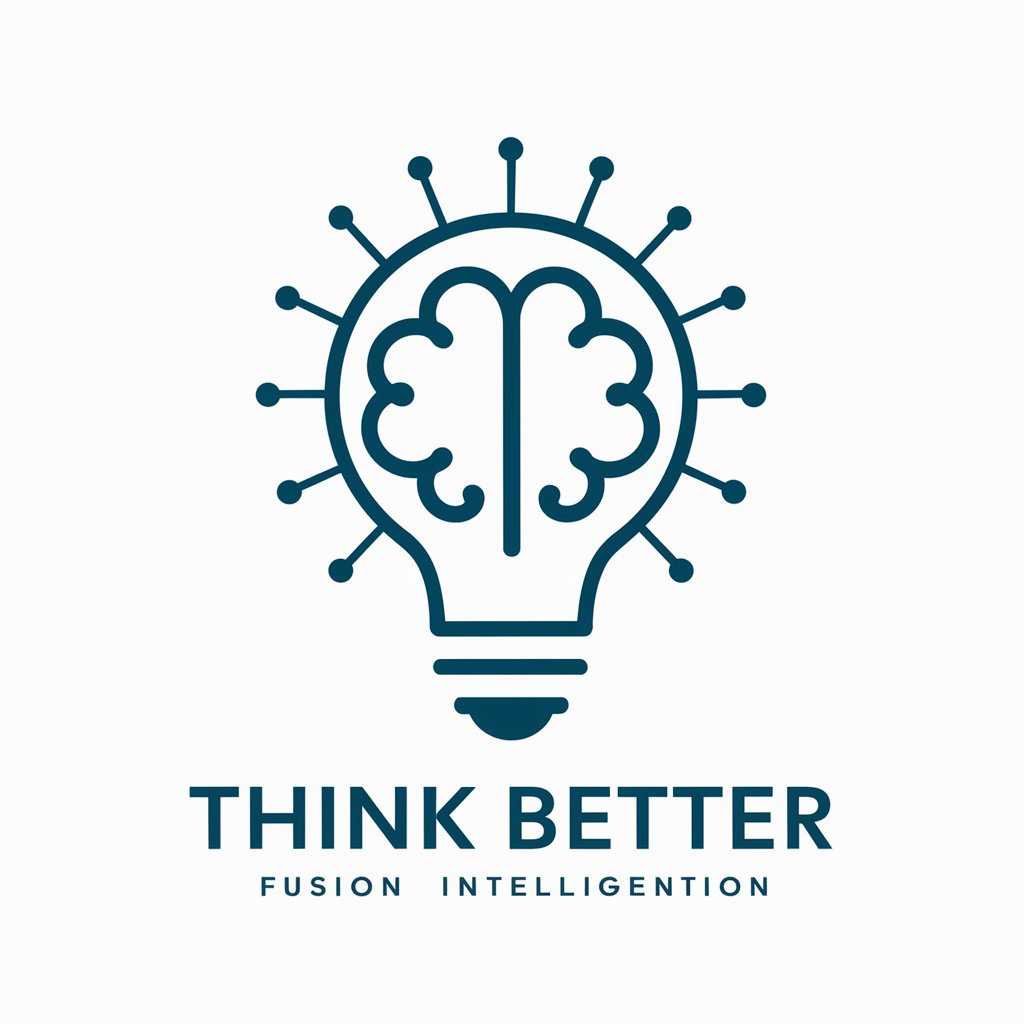
Think Big
Empowering Visionary Projects with AI
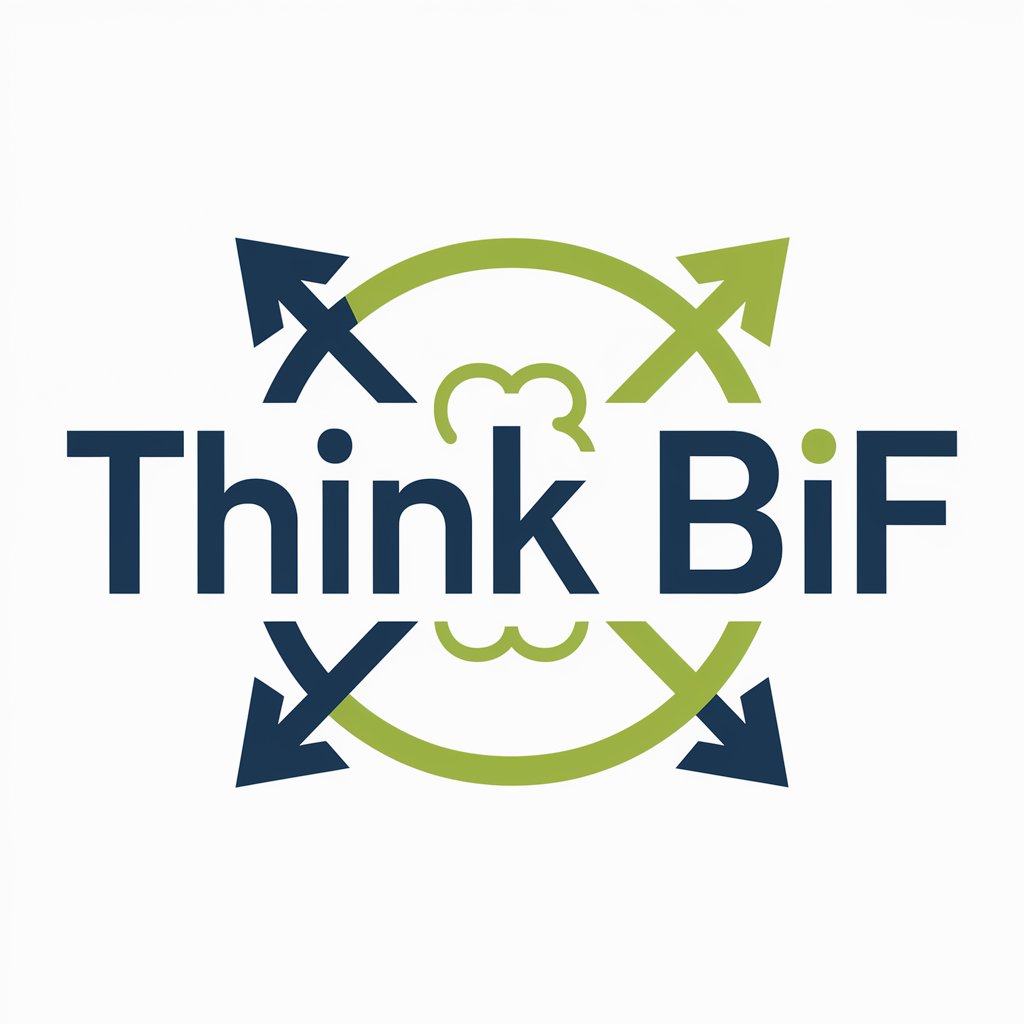
thINK
Inspiring tattoo designs at your fingertips.
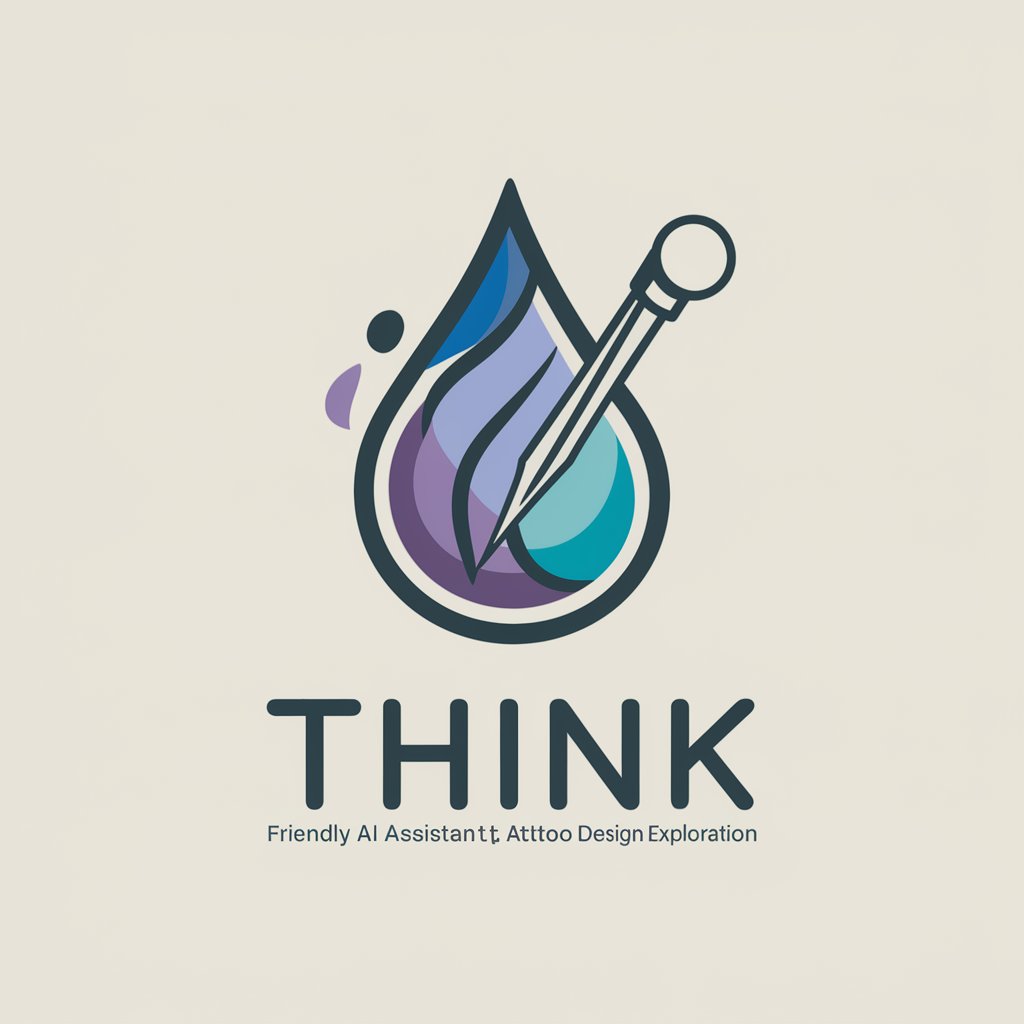
Think Twice
Explore AI-Powered Diverse Solutions

Your Earnings
Empowering your earning potential with AI.

Earnings Insight AI
Powering Financial Insights with AI
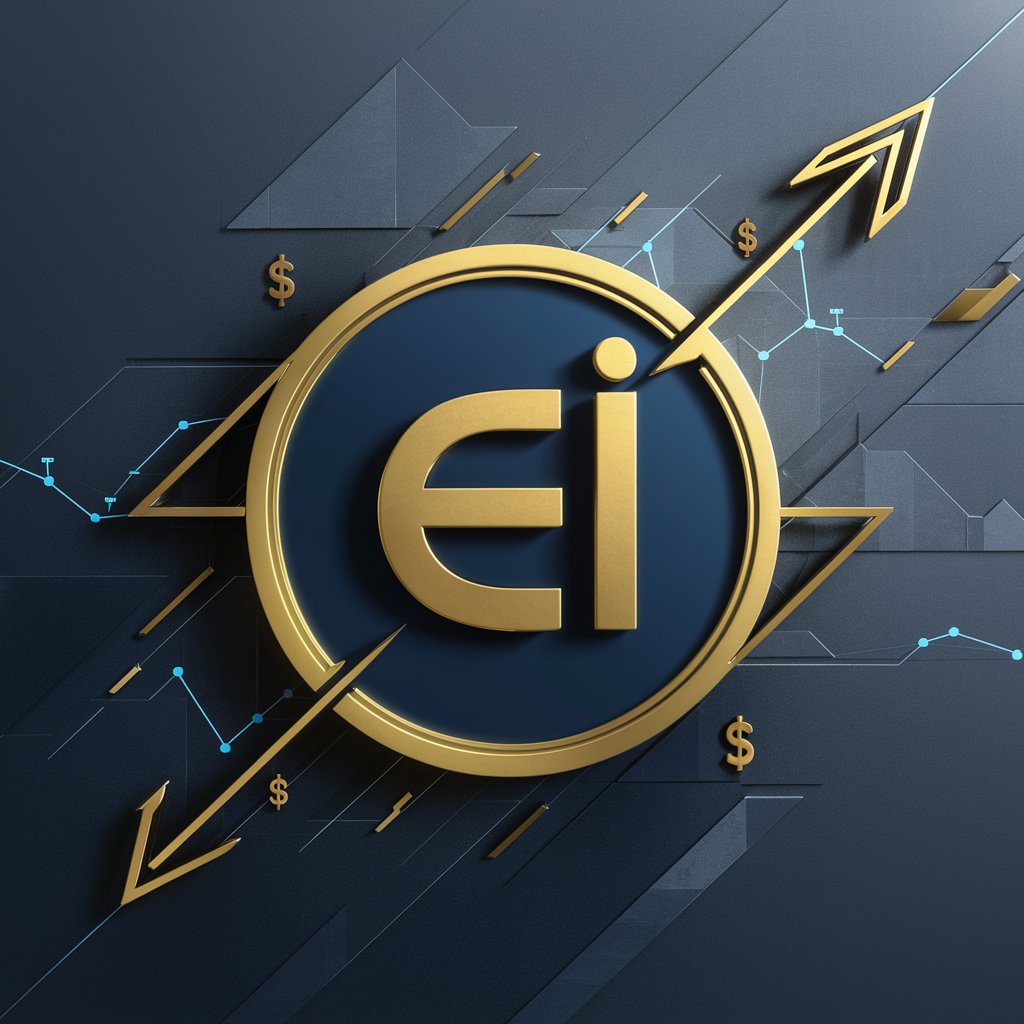
Earnings Calls Sentiment Analyst
Decoding Earnings Calls with AI

Earnings reports
Decoding Financial Reports with AI

Online Earnings Mentor
AI-powered mentor for online income success

Q&A about Think Clearly
What is Think Clearly designed to do?
Think Clearly is designed to help users identify and address logical fallacies in their decision-making processes, enabling clearer and more logical conclusions.
Can Think Clearly assist with any type of decision?
Yes, Think Clearly can assist with a wide range of decisions and arguments by identifying the relevant fallacies and suggesting ways to avoid them.
How does Think Clearly identify fallacies?
Think Clearly uses a knowledge base of common fallacies to analyze the information provided by the user, identifying potential fallacies influencing the decision or argument.
Is Think Clearly a substitute for professional advice?
No, while Think Clearly can provide valuable insights into logical fallacies, it is not a substitute for professional advice in specialized fields such as legal, medical, or financial decision-making.
How can I get the most out of Think Clearly?
To get the most out of Think Clearly, be as specific as possible about your decision-making challenge or argument, and be open to reevaluating your perspective based on the insights provided.
